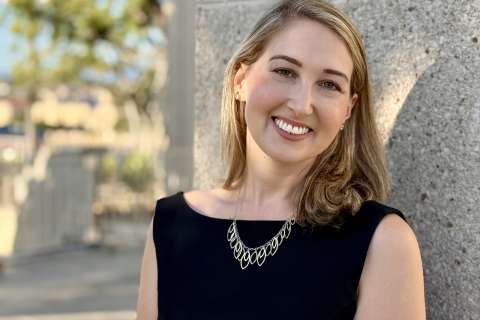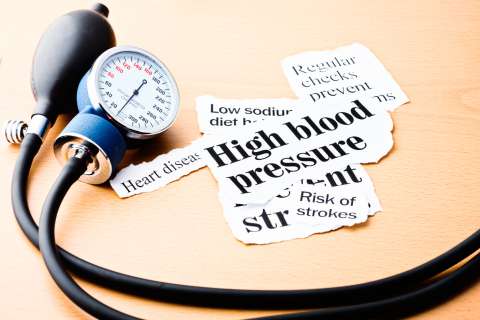To help advance a gene-editing therapy for Duchenne muscular dystrophy, the California Institute for Regenerative Medicine (CIRM) has awarded a $3.4 million “therapeutic translational research projects” grant to MyoGene Bio.
MyoGene Bio is a company co-founded by UCLA faculty members Melissa Spencer, April Pyle and former trainee Courtney Young, now CEO.
“We are thrilled to receive this funding that will hasten our ability to bring our therapeutic, MyoDys45-55, closer to clinical trials,” said Spencer, who serves as Co-Director of the Center of Duchenne Muscular Dystrophy, and Neuromuscular Program Director at UCLA.
Duchenne is a devastating muscle wasting disease that affects about 1 in 5000 boys worldwide. There is currently no cure and few approved therapies for the disease, which often causes death by the 20s or 30s.
The disease results from an error in the gene that encodes a protein called dystrophin, which is an essential component of muscle. Dystrophin helps protect muscle cells from the wear and tear that occurs with normal muscle use. Without dystrophin, damage accumulates with each movement, causing muscle cells to die. This leads to progressive loss of function, starting in the arms and legs and eventually leading to heart damage and respiratory failure.
The genetic defect that causes Duchenne prevents the cell from making any dystrophin at all. MyoGene Bio’s proposed fix involves cutting out a section of the dystrophin gene. This allows the cell to make a shortened but still functional version of the protein.

It may seem hard to believe that a single mutation in the gene is more damaging than snipping out a whole section, but it has to do with the protein the gene encodes. Dystrophin contains a large number of repeated segments, and these segments fold back on each other in a specific way to form a 3D structure that gives the molecule a spring-like property. MyoDys45-55 creates a deletion that allows for the spring-like structure to be maintained.
Interestingly there are also patients who naturally have that section missing from the dystrophin gene and have a much milder disease course. Some people with this deletion can remain healthy into their 60s – practically unheard of for people with Duchenne. MyoDys45-55 is designed to mimic that naturally occurring deletion, in the hope of reducing the severity of the disease.

The dystrophin gene is very long, and disabling mutations can happen anywhere in the gene, but the region targeted by MyoGene Bio’s therapy is a “hotspot” where mutations occur more often. Around half of people with Duchenne have errors in this section of the gene and could potentially benefit from the new drug.
This is one big advantage of MyoDys45-55, since most other personalized therapies currently in development will work only in approximately 10-15% of the patient population.
“This is personalized genetic medicine, and when you have such a large range of mutations, to be able to target 50% of patients is pretty good,” said Dr. Spencer.
The CIRM funding will allow the MyoGene Bio team to carry out studies necessary to file a pre-Investigational New Drug (IND) application with the FDA. These studies include assessment of the safety and efficacy of the therapy and studies to refine the dosing, which must be done before initiating clinical trials.
The Spencer and Pyle labs at UCLA will collaborate with MyoGene Bio to support development of MyoDys45-55, by assessing the functional and biochemical outcomes of treatment.
Learn more at MyoGene Bio’s website, or visit the Center for Duchenne Muscular Dystrophy at UCLA website for more information about ongoing research. To learn more about the California Institute for Regenerative Medicine, visit their website.
Caroline Seydel is the author of this article.



